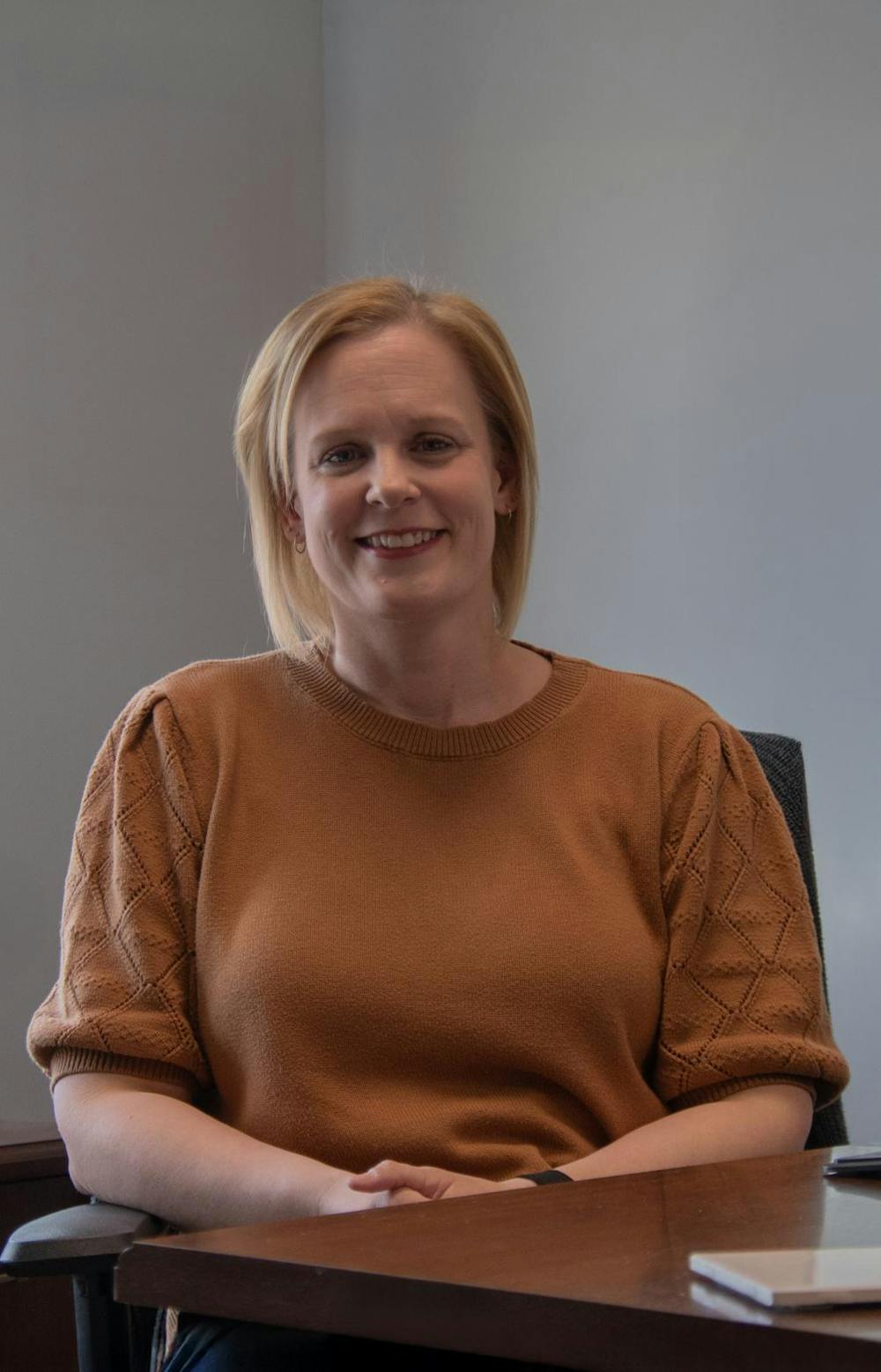Marketing campaigns went out to the public about a grant-writing workshop at Taylor University hosted by the Office of Grants & Sponsored Programs (OGSP) in April.
OGSP dedicates their time and resources to helping staff, faculty and students conduct research. They also assist in developing programs that receive internal and external funding, according to Taylor University’s website.
Kris Johnson, director of grants and sponsorship programming, will lead this event.
“I do grant work for Taylor, but I also do a lot of grant work for nonprofits in town,” Johnson said. “It’s been a lot of fun to figure out how the town and Taylor can collaborate on different things and how we can work together on different projects for the betterment of both.”
Johnson said the goal of this workshop is to do the following: create a community around grants and provide resources for them.
She seeks to give people who approach grant writing with intimidation a place to collaborate. She also hopes to walk with people who are more experienced with the process.
“As I look for grant funding, I want to have the skillset that I need in order to do that,” Shelby Schuh, director of workforce development at Greater Grant County, said.
She expressed her gratitude to Taylor for offering this workshop opportunity. This workshop allows for local organizations to come together and have the chance to grow their grant writing skills.
She will be attending the workshop and representing a non-profit business.
“I think this kind of workshop where we leverage Taylor’s reach to empower others in our community to do good work is important,” Johnson said.
Public-affairs coordinator Zane Callison expanded on the importance of this workshop. He said that East Central Indiana is home to many non-profit organizations that frequently apply for grants and sponsored programs.
Callison said their hopes are to share their expertise with the community to multiply their impact.
“We see the work of all these groups (including ourselves) as being interconnected, so we hope that a successful grant application is a benefit to all,” Callison said.
The usage of grants depends on the nature of which they are applying for. It can be used to cover costs or purchasing equipment. However, most grants will not cover an entity’s operating expenses such as payroll, benefits, etc.
“If you think of this in terms of 'the chicken and the egg,' grants can allow communities to break that cycle of needing to generate funding internally in order to achieve improvements they know are necessary for their continued growth and sustainability,” Callison said.
He also said the importance of tailoring the application as closely as possible to what the grant-making organization seeks to accomplish by making funds available. The application should show how the project or initiative fits into their stated goals or objectives.
Callison and Johnson both encouraged everyone to learn how to write grants, emphasizing that it is a valuable skill for anyone to develop.
When writing grants, Johnson encourages people to take a step back, breathe and view it as an opportunity to share ideas with a potential funder.
She provided a brief overview of the formatting that grants usually follow: organizational background, problem statement/issue, addressing issue/solution, evaluation section, budget, budget narrative and letters of support.
People who are interested and a part of a local organization that applies for grants can contact hello@uplandmainstreet.org. The workshop will be held on May 6th on Taylor University’s campus.



